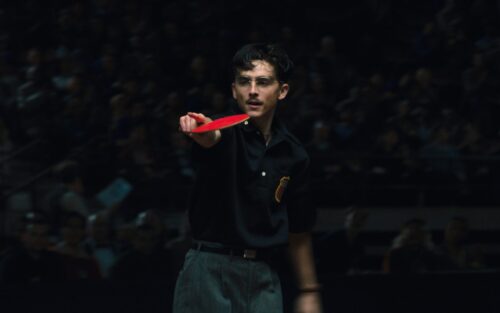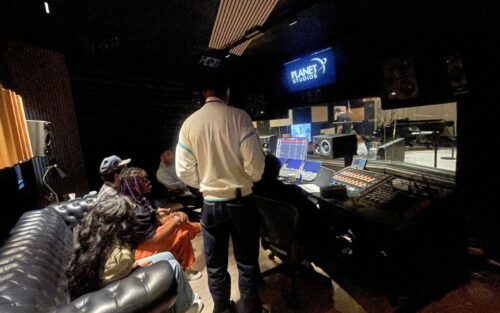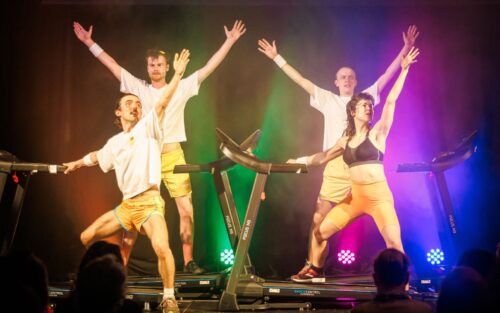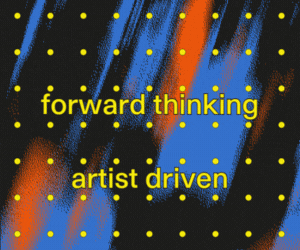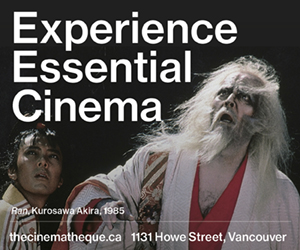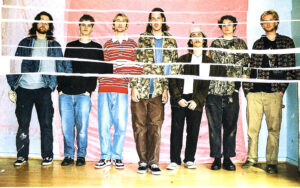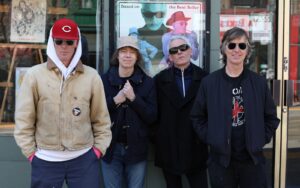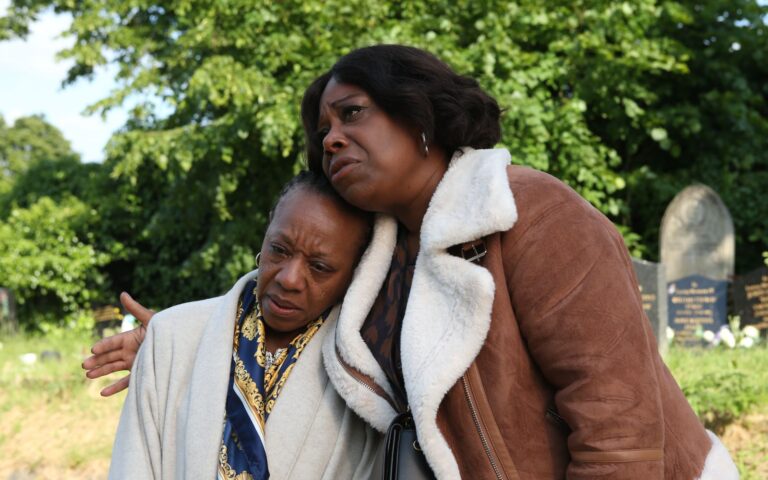
Hard Truths: Mike Leigh’s Humanist Portrait of a Fraying British Family
The veteran filmmaker on his painstaking creative process, reuniting with his powerful lead actress, and making movies about “real people.”
by Prabhjot Bains
- Published on
Now in the twilight of a 50-plus year career that insists on authentic working-class stories and even more lived-in characters, writer-director Mike Leigh shows no signs of wavering from his singular path. His 23rd film, Hard Truths, continues in that great filmic tradition, bursting with life, specificity, and form to paint a portrait of an extended family that bustles with a profound, painful sense of familiarity—precisely because each character feels and exists like someone we might have known.
Centering on a Black British family, Hard Truths is full of sombre and funny vignettes that allow us to rest with and slowly peel back the layers on members like the depressed, acerbic Pansy (Marianne Jean-Baptiste), her disillusioned husband (David Webber) and son (Tuwaine Barrett), and her cheery, hairdresser sister, Chantelle (Michele Austin).
After two large-scale historical dramas with Mr. Turner (2014) and Peterloo (2018), Hard Truths marks a return to contemporary London for the veteran filmmaker. But in Leigh’s eyes, donning the mantle of his classic filmmaking style, along with reunions with long-time collaborators like cinematographer Dick Pope, was far from a big deal. “It seemed very natural to get back to doing contemporary film… you could say it’s my natural habitat,” he says. Yet, where Hard Truths separates itself from the rest of Leigh’s pack is its spotlight on the Black British experience. “I thought now is the time to focus specifically on a Black family of Jamaican heritage.”
In other, far less observant hands, an outside perspective into this storied culture could easily result in a film teeming with regressive tropes. But Leigh taps into a rare vein of authenticity and specificity. Leigh’s process is famous for dedicating plenty of time to working with the actors to build their characters from the ground up. This process is full of painstaking detail that fills in a complete backstory, only implicitly witnessed through the emotions, inflections, and mannerisms of each performance.
“In all my films, we’ve created three-dimensional characters, which includes analyzing how they speak, what languages they use, what culture they’re immersed in, and what motivates them in what they think, feel, do, say, and what we arrive at is very precisely scripted,” Leigh says. “It’s a long process of bringing into existence the whole world of the characters… the relationships, all the dynamics, and it involves a great deal of discussion, improvisation, and research.”
As a result of this highly detailed creative process, Leigh doesn’t actually write the script himself, but “scripts through rehearsal,” providing him the space to imbue even further humanity upon his characters. “The actors would sometimes go into Patois or a West Indian accent, mixed with a working-class London accent,” he recalls. This effect conjures the kind of living, breathing character commonly associated with non-fiction, garnering a visceral and wholly earned emotional response from the audience.

Director Mike Leigh (Photo courtesy Mongrel Media)
Hard Truths also allowed Leigh to reunite with his powerful female lead, Marianne Jean-Baptiste, who first struck an electrifying chord with audiences in his Palme d’Or winning Secrets and Lies (1996). The 25 years since their last collaboration have done little to dull their creative partnership, which unleashes another formidable, deeply layered performance from Jean-Baptiste as a woman caught in the endgame of depression. Leigh notes “Because we’re on the same wavelength, we’re friends, and share a sense of humour, we just clicked into place and got on with it, as is the case with Michele Austin who plays Chantelle.”
“The difference is that we’re 25 years older,” he continues. “I’m an octogenarian and they’re middle-aged women of some sophistication…we’ve all raised kids—in my case grandkids—so our life experiences are richer.” It’s a quality that seeps into every frame of Hard Truths, a sense of a difficult life lived by each character, careening towards a dire reckoning—a hard truth.
Leigh’s subdued, humanist touch falls markedly in the minority of today’s poppy, easily digestible film landscape, where the human condition comes a distant second to the needs of a cinematic aesthetic. Where some filmmakers are concerned with probing the tenets of cinema, Leigh is concerned with dissecting the tenets of humanity. “I don’t make movies about movies, and a lot of movies are concerned with the pre-occupation of what it should be like as a movie,” Leigh adds. “I don’t think about any of that at all because my movies are about real people, out in the street.”
“I’m a movie buff, I can watch all sorts of movies, but that’s got nothing to do with my discipline.” As he leans over in his chair, kind of the way someone would as they’re about to begin drafting another human parable, he continues. “My stories are absolutely, uncompromisingly about real people, real issues, and real experiences.” Across five decades, Leigh has done it his way, and that’s not about to change now.
By Glenn Alderson
A deep-listening session reveals how Apple Music’s sonic innovation reshapes the way we hear.
By Cam Delisle
Dominic Weintraub and Hugo Williams take audiences on a treadmill-fueled ride through the chaos and hope of modern life.

